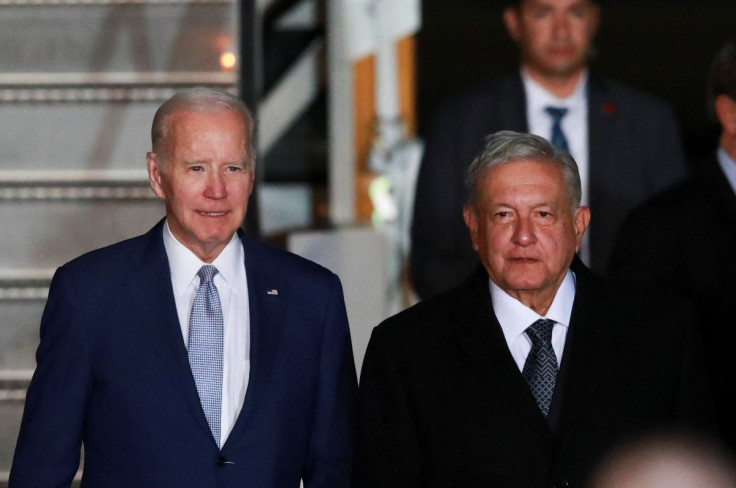
Mexican President Andrés Manuel López Obrador (or AMLO, as he's also known) has rejected the United States' proposal to establish migrant transit centers in Mexico.
The centers would be funded by the U.S. government and would allow migrants to apply for U.S. work visas there. The U.S. argues they would help curtail the number of unlawful crossings along the U.S.-Mexico border. Centers like these have already been established in Guatemala, according to the Associated Press.
López Obrador rejected the U.S. plans, stating the centers should instead be established in the countries where the migrants originate from.
According to the LA Times, while many migrants cross into the U.S. from the U.S.-Mexico border, a majority of migrants originate from other Latin American countries mainly Venezuela, Honduras, Ecuador and Guatemala. Haitian migrants have also traveled through Mexico to enter the U.S. in recent years.
López Obrador's decision to reject opening migrant transit centers in Mexico comes as U.S. cities have been inundated with the arrival of thousands of migrants. In response, cities like New York and Chicago have been spending millions of dollars to shelter migrants. It is not expected the flow will stop soon.
By applying for U.S. work visas, migrants and asylum seekers would be able to enter the country and seek employment for a fixed period of time. This move is favored by city leaders like NYC major Eric Adams, who previously pressured the federal government to provide temporary protected status (TPS) for Venezuelan migrants so they can obtain work authorization and not need to rely on government aid.
Despite rejecting the plan for transit centers, Mexico's leader says he still wants to provide solutions for migrants. He will host a conference with the leaders of 11 Latin American countries where he will present new measures focused on fixing the root causes of migration. The summit is scheduled for Oct. 22 in the southern state of Chiapas, which is a popular route for migrants entering Mexico.
© 2025 Latin Times. All rights reserved. Do not reproduce without permission.





